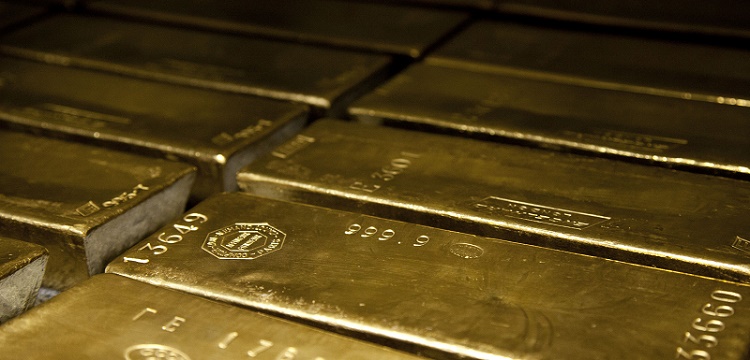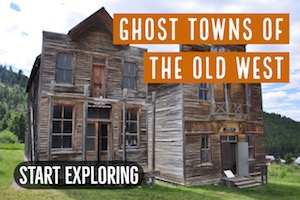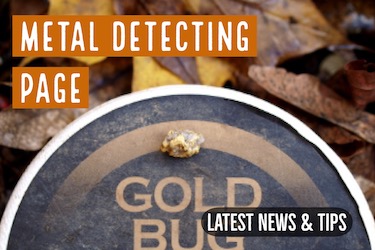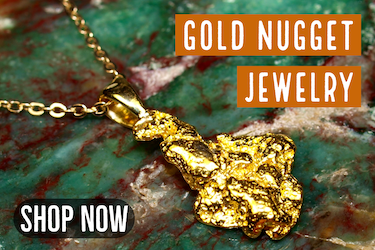If you are a successful gold prospector or simply a collector of gold and other precious metals, then you need a secure way to store your treasures.
Hiding gold under the mattress or in some obscure location is never a good idea. Thieves are smart enough to know that you are likely to hide your most valuable items, and will search thoroughly if they think you’ve got something worth looking for.
There are really only a few ways to for securely storing gold in my opinion. Let’s take a look at a few good options.
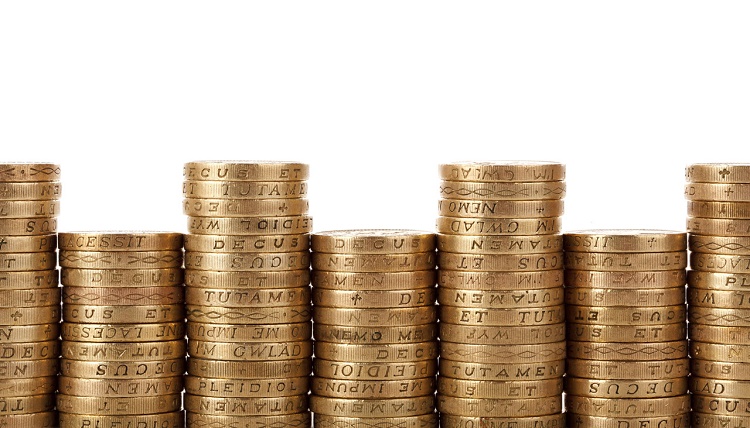
Home Safe & Security
If you have a significant amount of precious metals, then I do personally do not recommend keeping it at home. A home safe can be an effective option for storing small to moderate amounts of precious metals, but they all have their vulnerabilities. If you do decide to store your gold this way, then choose a high-quality, fire-resistant safe that is securely anchored to the floor or wall.
All safes are not created equal. You can buy a cheap security safe for as little as $20 to $30. Yes, it has a lock on it, but breaking into it would much too easy.
Larger, heavier safes with added anti-theft features are required if you plan to store a sizable quantity of gold in your home. Good safes often incorporate a range of anti-theft features to enhance security and deter unauthorized access. Here are some common anti-theft features to look for in high-quality safes:


Remember, no safe is entirely impervious to determined and well-equipped thieves. However, incorporating multiple anti-theft features can significantly increase the security level of a safe and act as a strong deterrent against theft attempts. You should also pair it with a good home security system to add an extra layer of protect.
Bank Safe Deposit Box

This is the best option for storing gold in my opinion. A bank safe deposit box is a secure storage facility provided by banks to their customers. Here’s how they typically works:
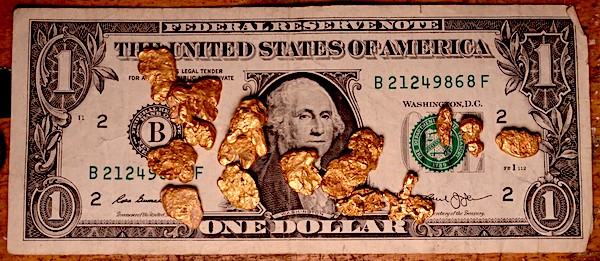
It’s important to note that the bank is not responsible for the contents of the safe deposit box. It is your responsibility to securely store and insure the valuables inside. Additionally, safe deposit box access may be restricted in certain situations, such as during bank holidays or if there is a legal order or requirement.
While not impossible, thefts occurring at safe deposit boxes is incredibly low. The security measures put in by the bank make it incredibly difficult to access a bank vault undetected.
Sell Your Gold
If you are looking for the absolute safest option, then it would actually be to not hold any gold at all. Instead, sell your gold and keep the cash in a bank savings or checking account.
Holding any valuable physical item has some risk. Cash in the bank has many safeguards that protect it. Protecting the money now becomes the banks responsibility, and any loss would be protected by FDIC insurance.
Of course, if you actually want to own and hold gold, then this is not going to be an option. Many would also argue that the benefit of having gold is to protect yourself from any major economic disaster where cash is devalued or not readily available. Nonetheless, I know many gold prospectors who sell all of the gold they find and don’t both holding any gold at all.
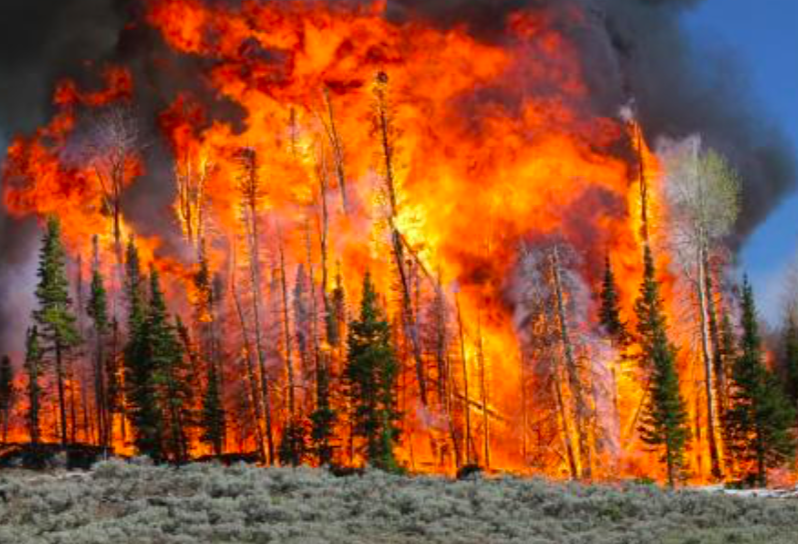
Many people prefer to have gold on hand in case there is some sort of natural disaster, economic turmoil or a dollar collapse that would prevent easy access to cash. If this is the reason you hold onto gold, then cash in the bank is not the option for you.
You can also sell your physical gold and then buy mining stocks or a Gold ETF in the stock market. This would be a way of still having an investment in gold without the risk associated with actually holding the metal.
Safely Storing Gold
When it comes to safe storage of gold, these are really the main ways to do it. Of course, you can always dig a hole in the back yard, stash it somewhere out in the woods, or otherwise hide it in a “safe place,” but without truly securing it you can never know that it’s truly safe.
Personally, I keep all of my gold in a bank safe deposit box. I can visit it whenever I want, whether to add new gold nuggets that I’ve found to my collection or taking a piece or two out to sell it for cash.
Whatever you do, be smart and don’t take risks with something so valuable.
